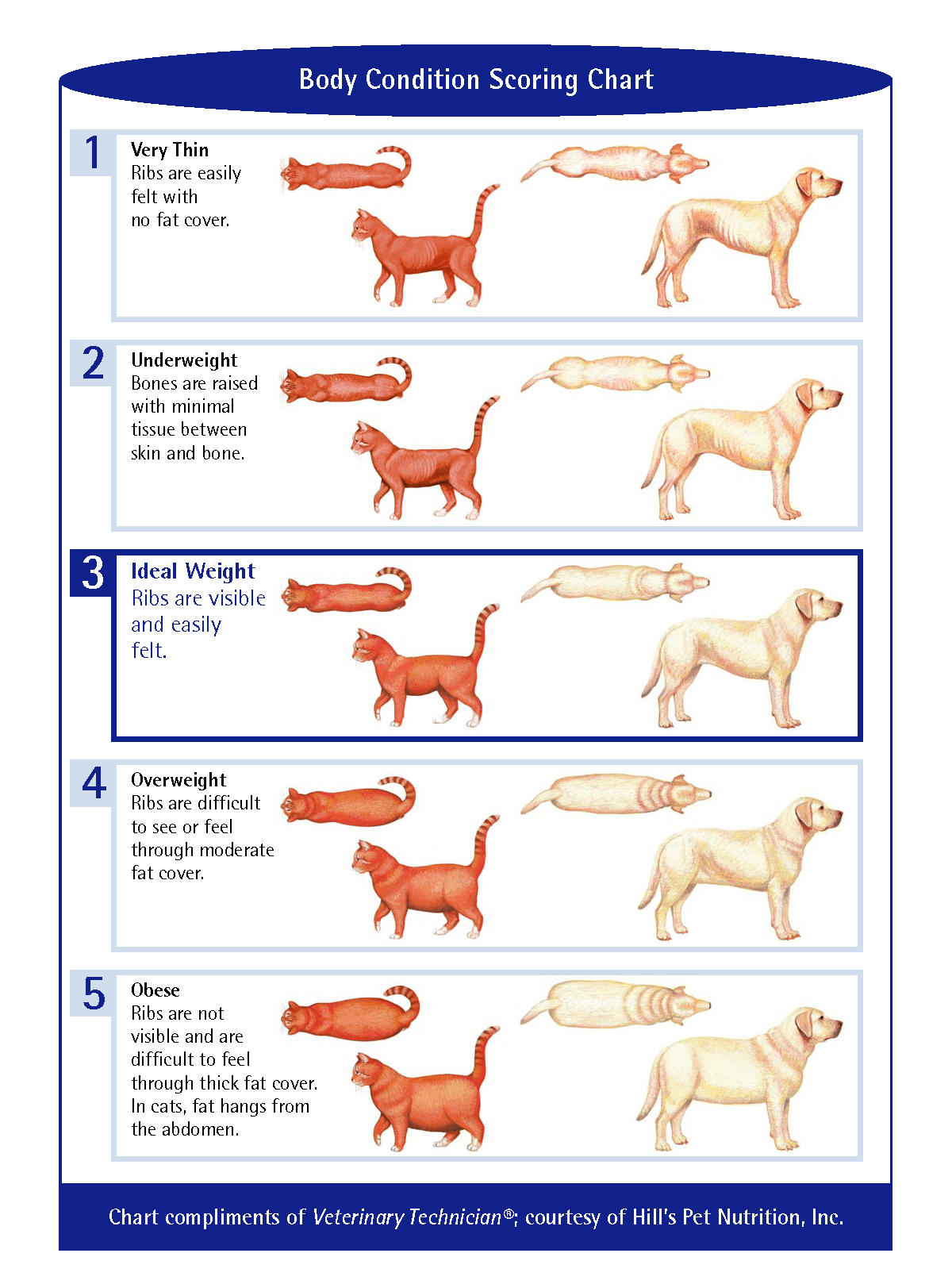Is this a pet advice hotline?
No, we are a full-service vet clinic who offers Fracture Repair, TPLO, ACL repair, Laparoscopic Surgery, Preventative Medicine (Vaccines, Annual blood work, Annual Dentals), Mass removals and we ask that you schedule an appointment with the doctor if you have questions.
What types of animals does Liberty Animal Hospital see?
Canine + Feline
Are you accepting new clients?
Yes, always!
Do you see aggressive dogs/cats?
Yes! Please give us a heads-up when scheduling your pet(s) appointment.
Are you a groomer, can I schedule my pet(s) for a bath?
No, we currently do not have a groomer on staff.
What type of payment do you accept?
Our hospital accepts Cash, VISA, MasterCard, Discover, American Express, Care Credit, and Scratch pay. We do not accept checks.
I found a stray dog / cat / wildlife, What do I do?
Call Animal Control and report the stray. You are encouraged to not attempt to pick up or handle any stray animal due to the risk of being bitten / scratched. Remember most strays do not have vaccines and can possibly be carrying diseases such as rabies. Do not risk your own health.
Westminster Animal Management
Hours
Monday – Friday, 7am to 5pm
Saturday – Sunday, 7am to 5pm
PLEASE NOTE: the last hour of the shift is for emergency and walk-in appointments only
Animal Management Officers will not be available on Thanksgiving, Christmas, or New Year’s day.
If you need an Animal Management Officer outside these hours, call 303-658-4326 to leave a message and your call will be returned within 24 hours. For urgent matters, call non-emergency dispatch at 303-658-4360.
If a dog or cat befriends you, you may bring him/her into Liberty Animal Hospital to be scanned for a microchip. Please call ahead at (720) 306-9900.
What Vaccinations Should My Pet Get?
For a healthy pet, Dr. Atakem says vaccinations should be started at 8 weeks of age and given every three weeks until the pet is 4 months old. He says puppies are given the DA2PP vaccine, which protects against many contagious diseases. A kitten is given FVRCP vaccine to prevent many potentially deadly contagious illnesses. Both puppies and kittens are given a rabies vaccine at 4 months. Puppies can also get a vaccine to guard against kennel cough, canine influenza, and leptospirosis. Dr. Atakem also suggests asking your vet questions about specific shots for your particular pet — the recommendation will depend on where you live, your travel plans, and your lifestyle.
Can My Puppy Go Outside Yet?
Dr. Atakem suggests that it is safest to wait until the puppy has finished the series of vaccinations before letting it go. That is usually at 4 months old.
Should I Brush My Pet’s Teeth?
Poor pet dental hygiene can cause gum disease and that makes dogs and cats more prone to heart and kidney disease. A professional dental cleaning under anesthesia will remove plaque and tartar. Regular brushing will keep the tartar from coming back. Daily is a good goal to aim for but if your pet does not tolerate brushing, there are dental chews and special diets available. Click here to see the 5 stages of pet periodontal disease.
When should I give my pet medication for heartworm, fleas, or ticks?
It is always best to consult with a Veterinarian, however, there are some general guidelines you can follow regarding these three types of common treatments.
- Heartworm medication should be provided for pets on a consistent basis by the time they reach the age of six months. After they have reached 1 year of age, we recommend yearly testing. This is especially relevant for areas of the globe, like North America, where mosquitoes, the carriers of heartworm, are relatively prevalent. Even if your pet(s) are indoor only! Here are some heartworm basics for education purposes.
- Flea treatments can be applied as a preventative or on an as-needed basis, i.e., when an infestation occurs! There are various types of flea treatments including pills and ointment. Some work better than others, so talk to your vet!
- Much of the time, remedies on the market combat both ticks and fleas at the same time. So, when should you invest in these types of pills? Some people try to be proactive in fighting off these pests since ticks especially can be very harmful to our pets if they pounce. During the months of summer and spring, the likelihood of infestation is at its highest, but that doesn’t mean the bugs won’t show up when the weather gets cold! Here are some Educational Tick Videos for your viewing pleasure.
Is my pet too fat?
Though pets are very adorable when pudgy; they, like humans, are actually in danger of many health problems if not helped out with a diet plan. To tell if your pet is a little too overweight for his health, compare your pet’s looks to the chart below! Called “Body Condition Scoring Chart,” charts like this one are believed by many to be the best way to tell if your animal is in good condition weight-wise.

Are you open 24/7?
No, but here are some clinics who are:
Community Pet Hospital
12311 Washington St.
Thornton, CO 80241
303-451-1333
Colorado Animal Specialty & Emergency
2972 Iris Ave.
Boulder, CO 80301
303-545-2273
